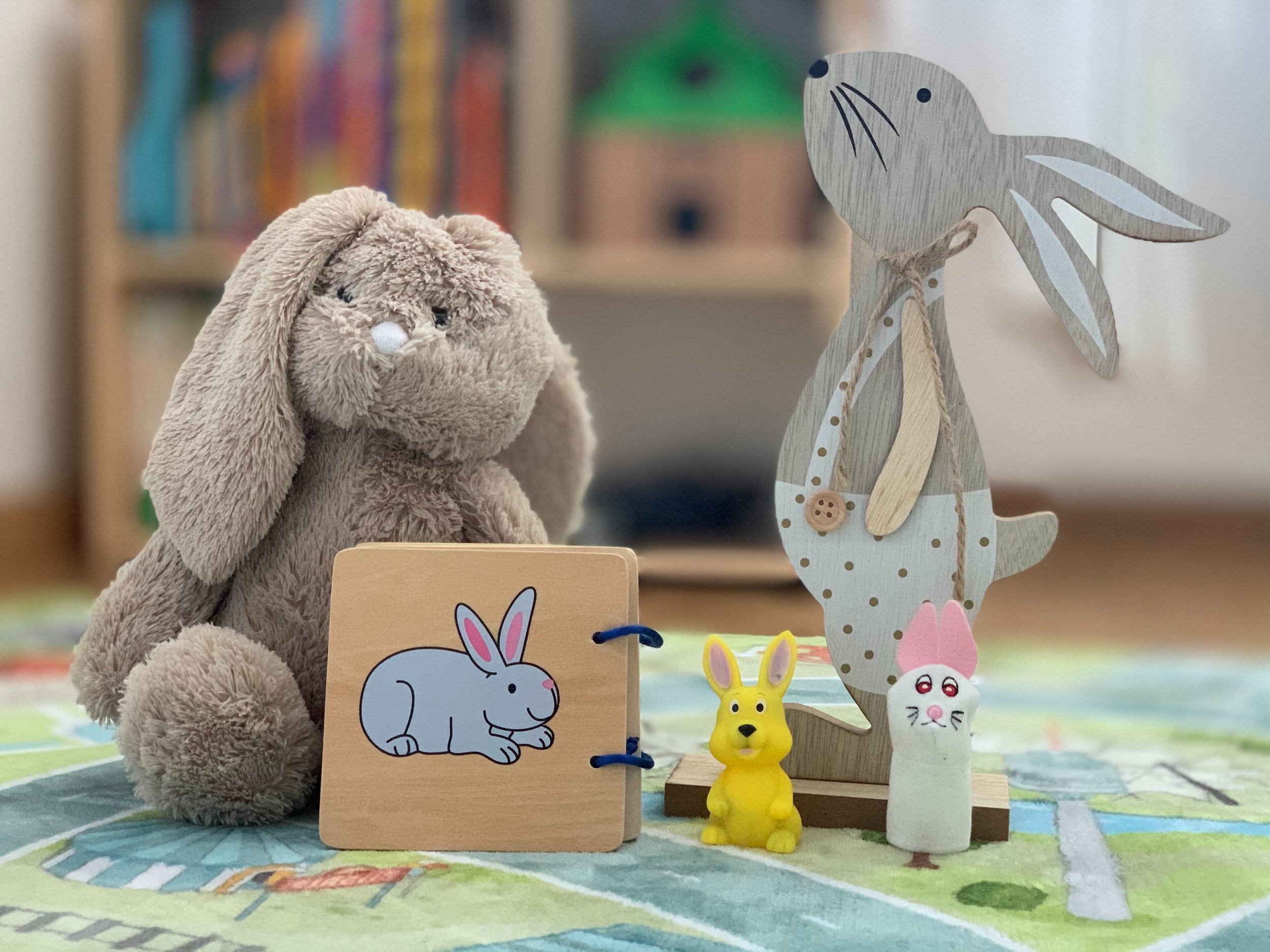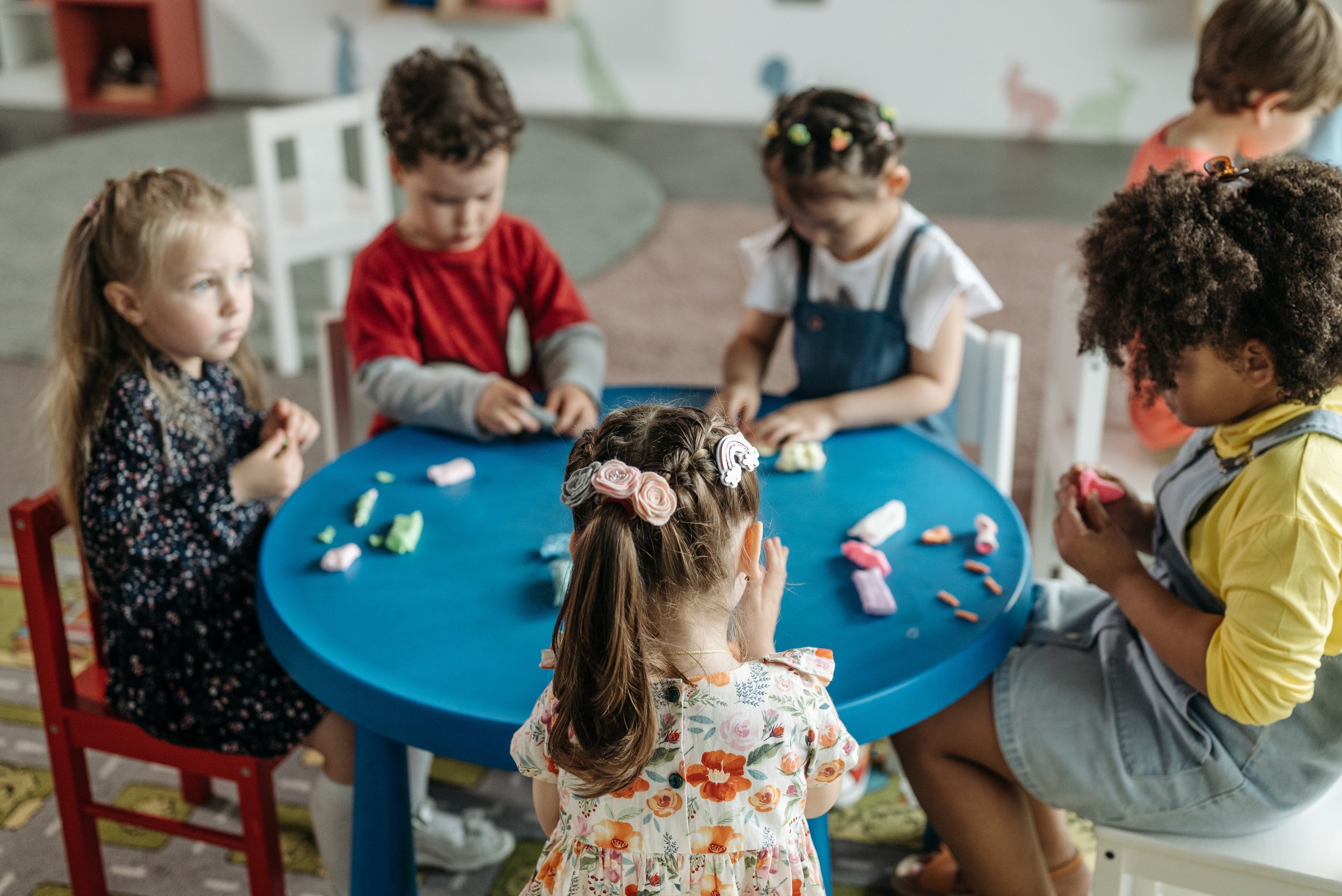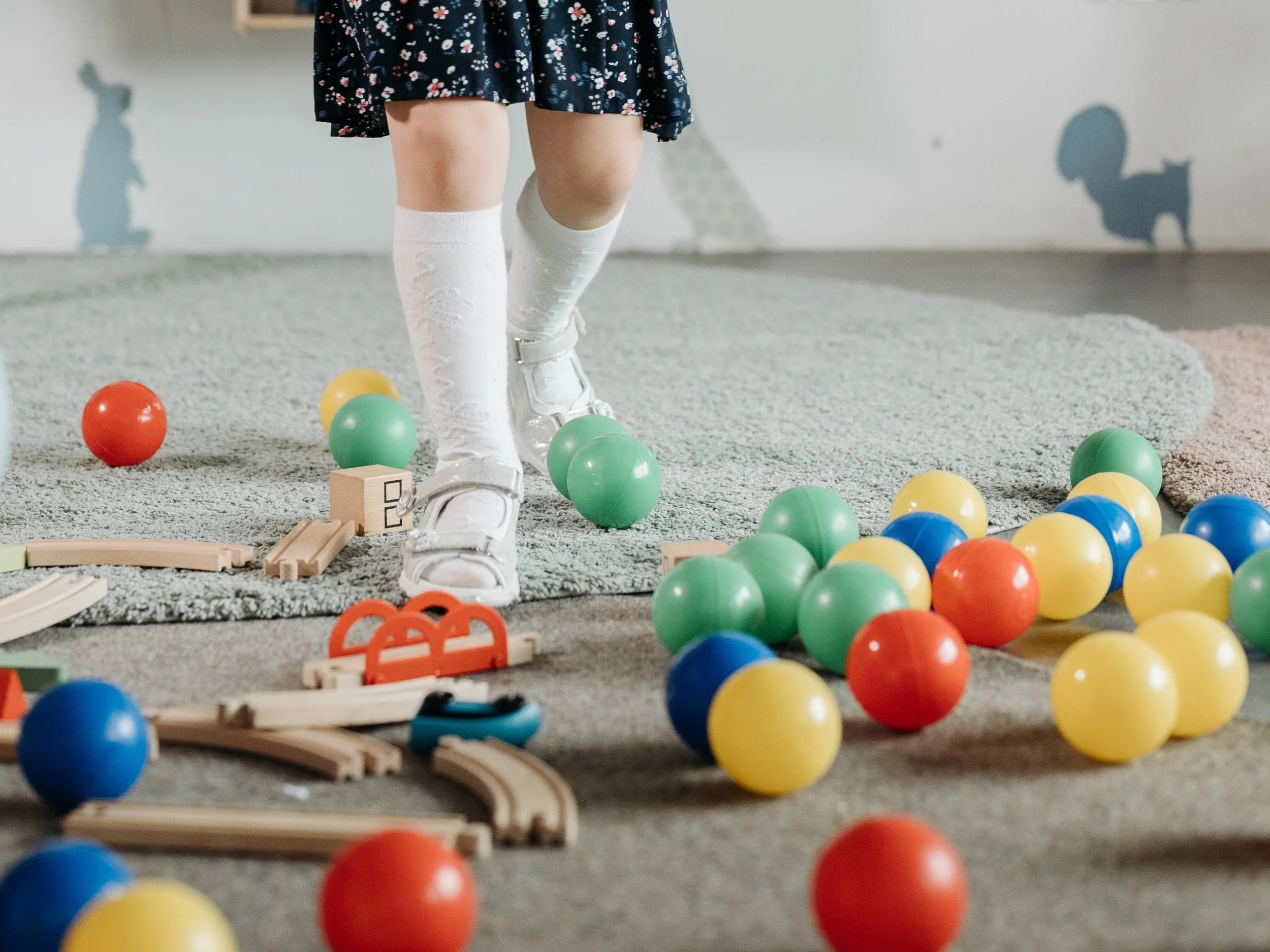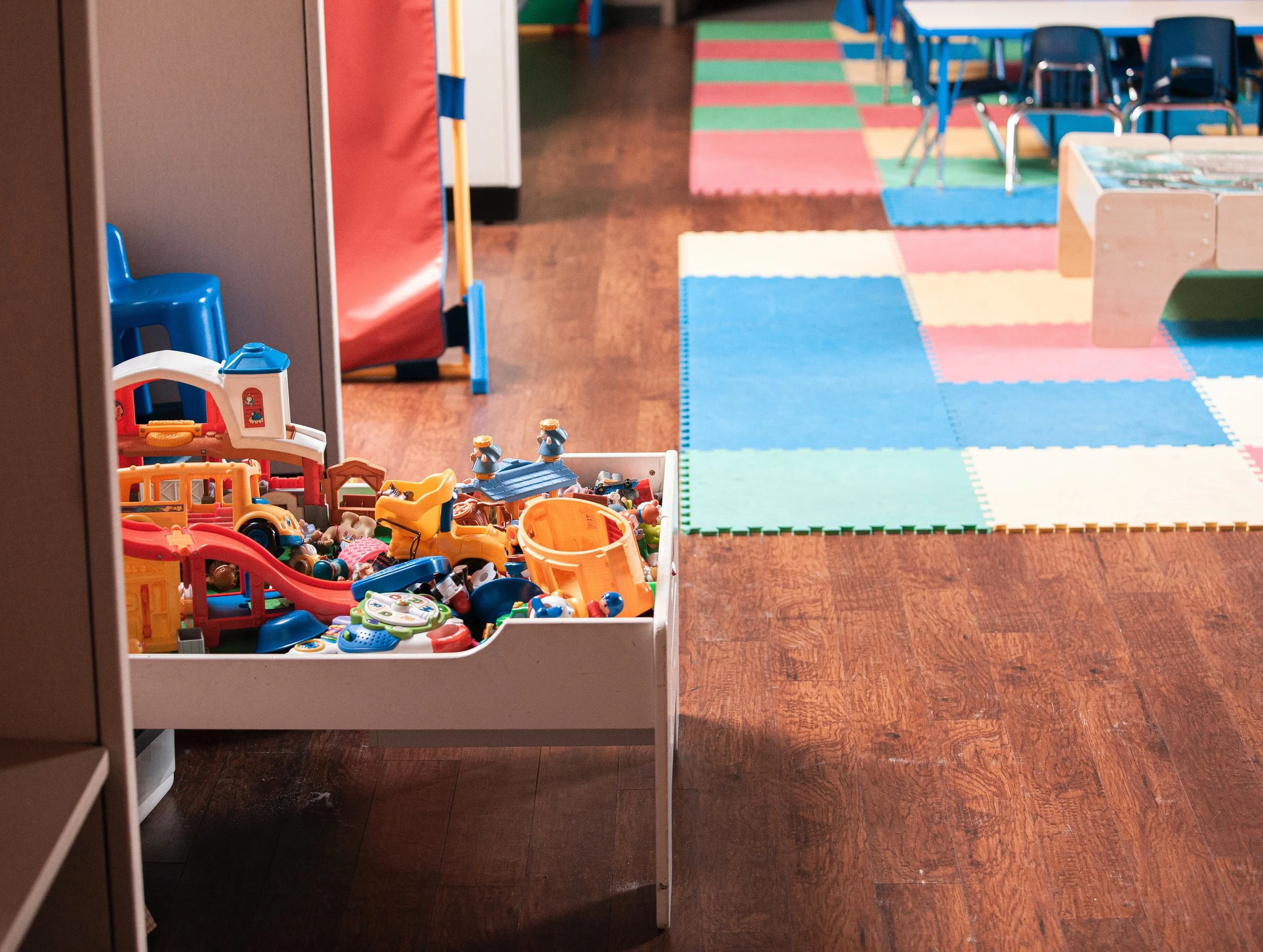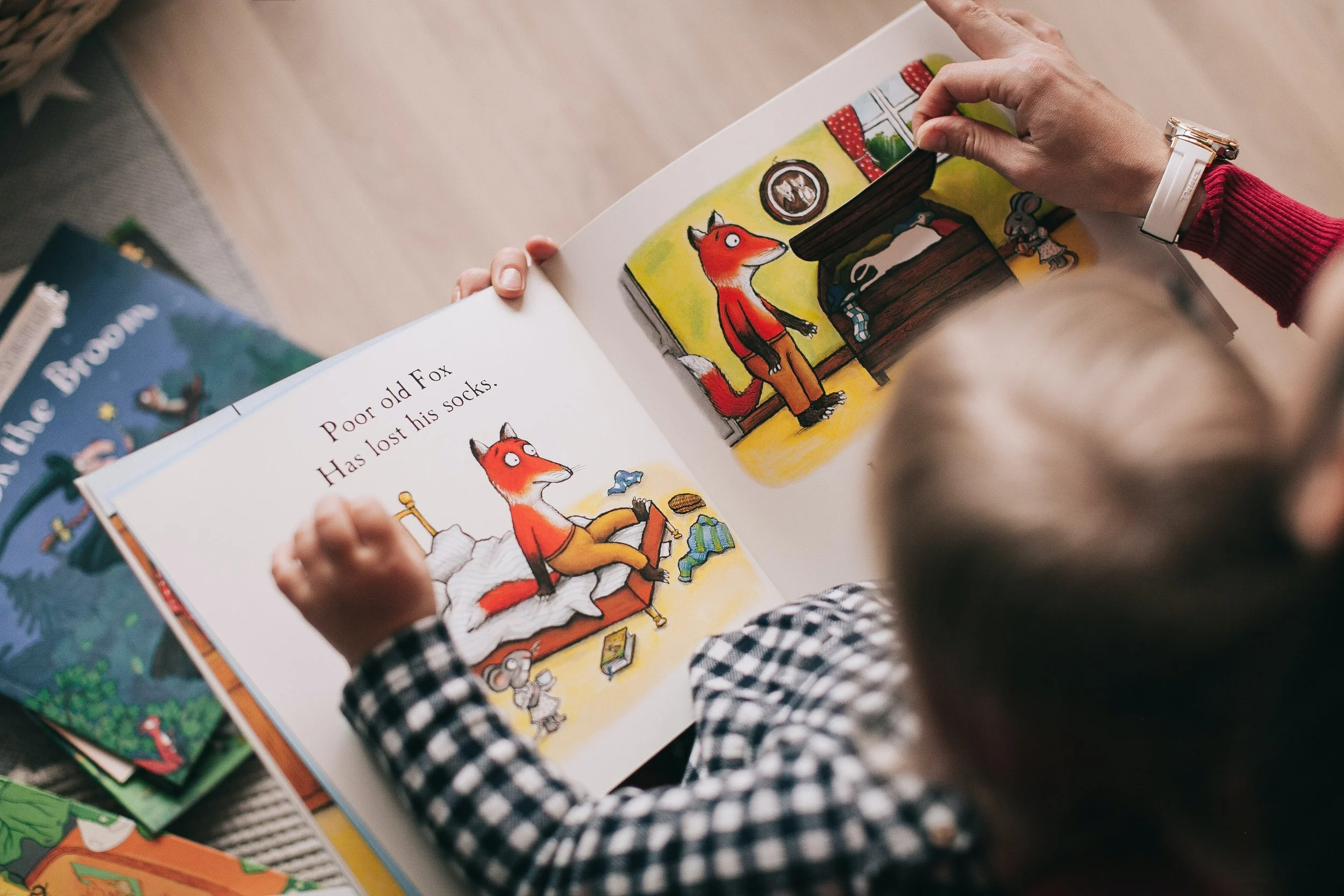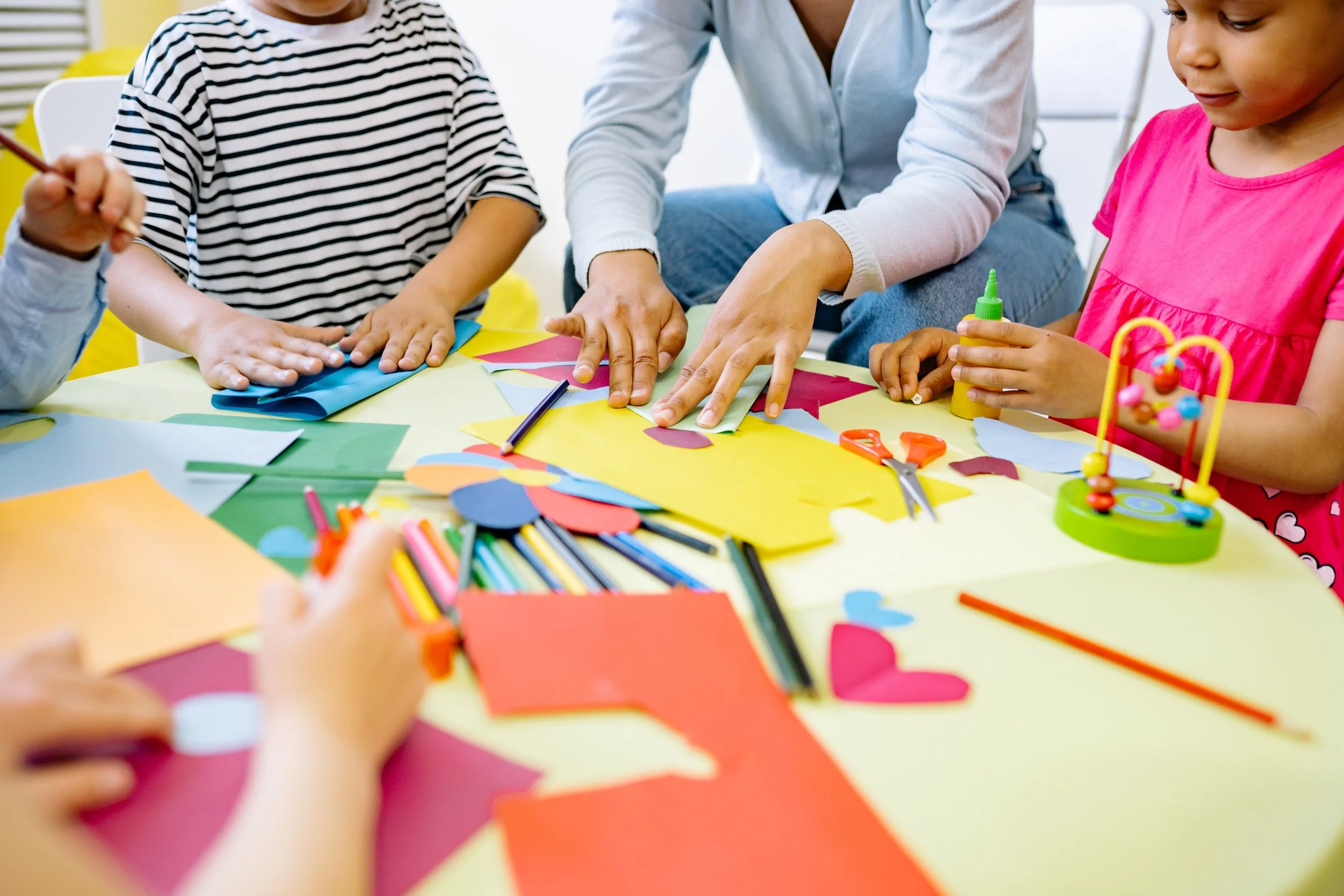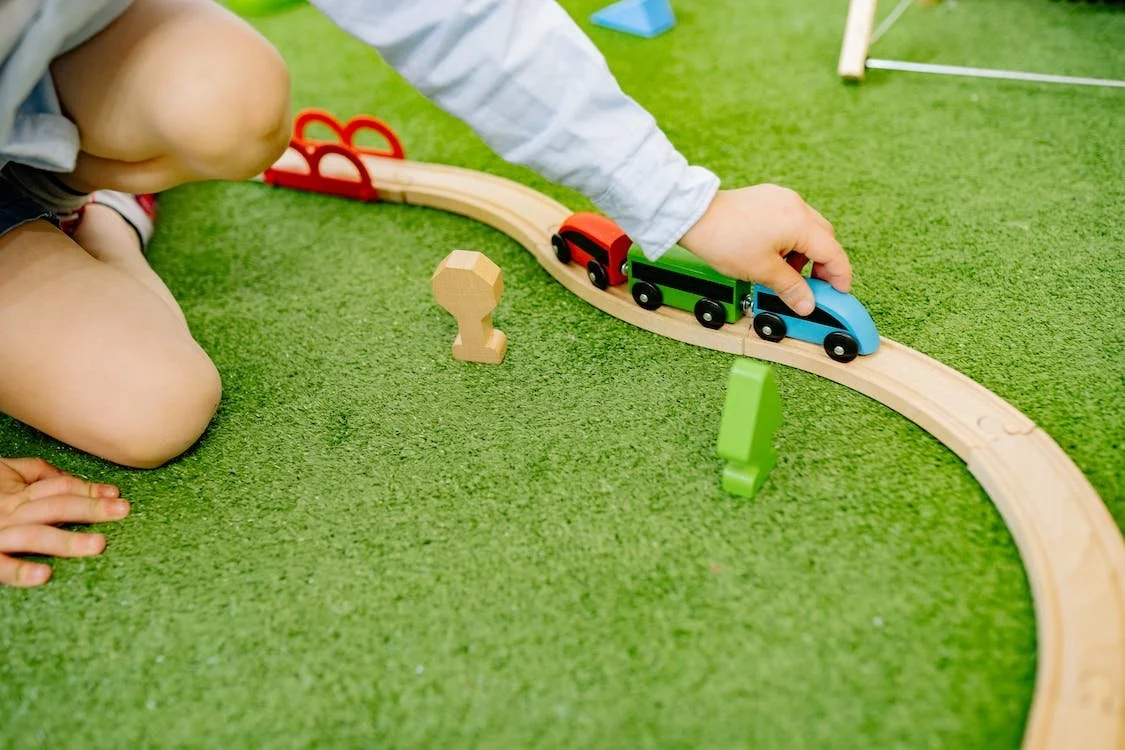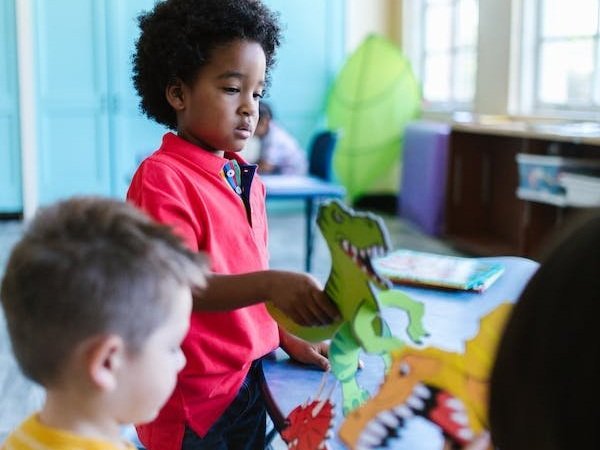Happy New Year! I’m late but wanted to acknowledge it.
I love a New Year.
Whether it’s a new calendar year, a new school year, the winter solstice when the days start getting longer, a birthday, or learning about cultures or religions that have a holiday celebrating a new year or even just a new period in life.
Any excuse for a fresh start is a good thing in my book!
Currently I am mulling on what I can create for you in 2024 that might be of help.
Can you share your input?
What do you MOST need help with right now?
